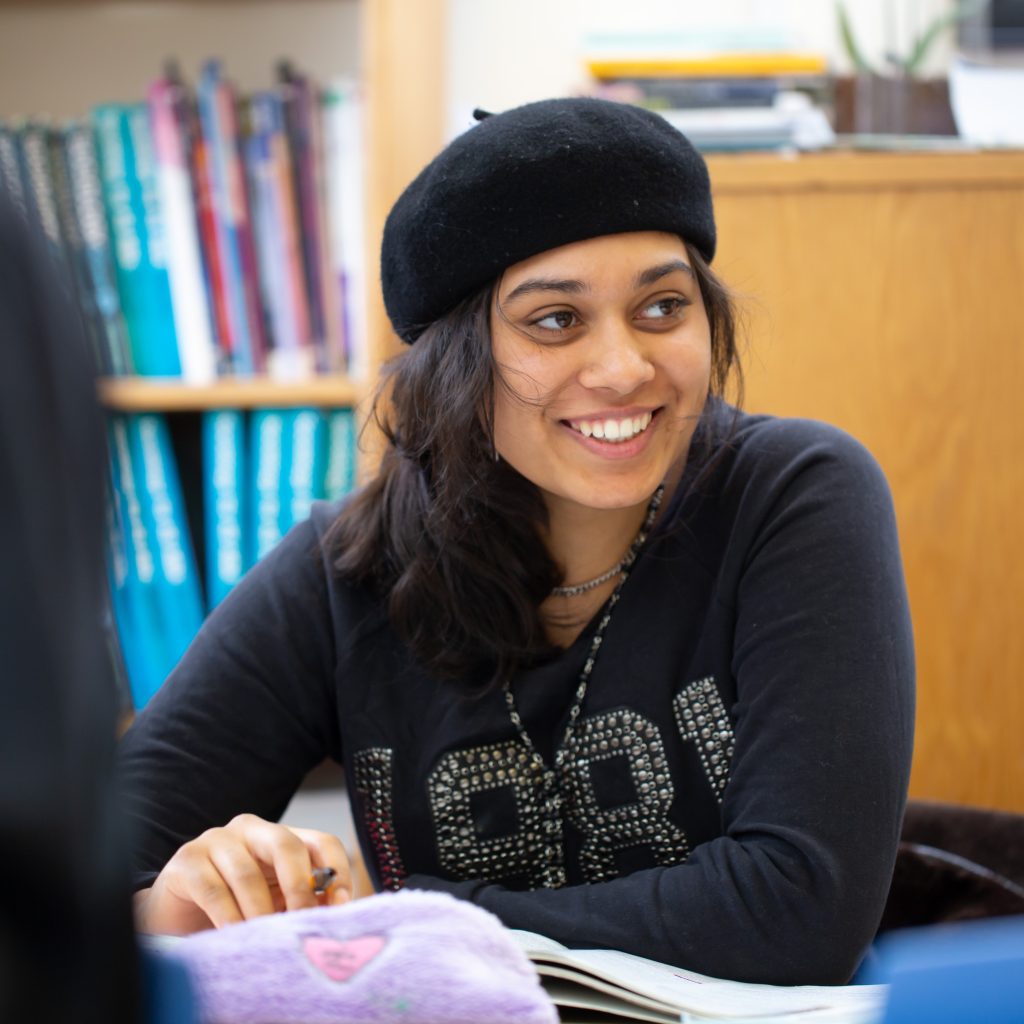Not only is there no God, but try getting a plumber at weekends.
Woody Allen
The idea of life having a purpose stands and falls with the religious system.
Sigmund Freud
The study of Philosophy & Ethics is serious fun! Most people accept the beliefs and values of their society without much question. They go along with whatever most people are saying and doing without really wondering why things are as they are.
Other people ask questions about the way the world is and why people do as they do, and they want to find the best and most comprehensive answers that they can. People who have this question-asking urge are drawn to Philosophy.
Religion is a very important area of concern for those interested in philosophy. Religious thinkers have given all sorts of answers to philosophical questions about the way the world is, and thinking about these answers is a way to develop a personal philosophical approach to the world.Ethics is an area of philosophy concerned with human values and behaviour. Through looking at ethical theory and practical issues such as war and peace, we explore what it means to be a human being and whether there are any fixed moral values in the world.
The AQA Religious Studies (Philosophy and Ethics) is open to those of any religious faith or none, and no Philosophy qualifications or previous study of the subject is required. It is an open and critical approach to the question of what it means to be a human being in the world.
Philosophy & Ethics A level Course Aims
- Pursue an enquiring, critical and analytical approach to Religious Studies.
- Progress in the skills of writing carefully structured and well-reasoned arguments.
- Examine and reflect on a variety of texts and scholarly views and evaluate their own thinking, perceptions and beliefs in the light of them.
- Develop excellent independent learning skills in preparation for university.
Course Details
Section 1: Philosophy of Religion
- Arguments for the existence of God
- The problem of evil
- Religious Language
- Miracles
- Religious Experience
- Self, death and the afterlife
Section 2: Religious Ethics
- Utilitarianism
- Situation Ethics
- Natural Law
- Virtue Ethics
- Meta-Ethics: the meaning of right and wrong
- Conscience
- Free Will and Moral Responsibility
- Bentham and Kant
- Application of Natural Moral law, Situation Ethics and Virtue Ethics to: Issues of human life and death – such as embryo research, abortion and euthanasia
Section 3: Study of Religion
- Sources of wisdom and authority
- God
- Self, death and afterlife
- Good conduct and key moral principles
- Expressions of religious identity
- Religion, gender and sexuality
- Religion and science
- Religion and the challenge of secularisation
- Religion, migration and religious pluralism
Section 4: Religious Dialogues
- The dialogue between Religion and philosophy
- The dialogue between Religion and ethics
Entry Requirements
While this course builds on the knowledge, understanding and skills that students develop through GCSE Religious Studies, it is perfectly possible for a candidate to follow this course without having studied the GCSE. What is important is that the student is intrigued by the kinds of questions the course poses. Students need to have enquiring minds, enjoy lively debate, and be prepared to engage seriously with the subject matter.
Careers and Support Subjects
Religious Studies provides an excellent grounding in any career that requires analytical and communication skills, such as: the legal profession, the medical profession, the civil service, marketing and publishing. It will be of benefit to any careers that require high level decision making and is highly considered by universities and employers.
For A-Level choices, Religious Studies will complement many other subjects, including English, History, Psychology, Languages, Classics as well as Sciences and Maths. The subject matter is truly cross-curricular, spanning a whole range of disciplines.
Skills to be Developed
Religious Studies is one of the best forms of training for decision makers. In writing essays one takes information from a wide range of sources, weighs it up and then develops and defends a point of view. The ability to recognise your own and other people’s presuppositions is an invaluable tool. Religious Studies gives you an appreciation of the complexities of human nature and enables you to learn how to deal with abstract concepts and to think about some of the deeper dimensions of our existence.
In handling information, assimilating, evaluating, and presenting it, Religious Studies has the intuitive approach of the arts, but requires the same rigorous, critical and analytical skills as studying scientific subjects. The subject requires an enquiring mind. It trains one to think logically and to articulate ideas with precision noting any contradictions in the scholarly arguments.
The AQA course provides a very thorough grounding in Philosophy of Religion and Moral Philosophy (Ethics) as well as Religious Debates. As such, it is an excellent preparation for candidates who wish to pursue philosophical and or/theological courses at the tertiary level.
Philosophy & Ethics Departmental Features
The department has many resources such as an excellent library, videos on individual topics and tutorial help for individual students.Lively classroom debate and discussion therefore forms a central part of our approach to the subject. In order to help facilitate this, students are encouraged to read widely in philosophy, and to broaden their knowledge of current affairs. Instead of simply considering topics in isolation, the synoptic element of the course means that students must develop a ‘holistic’ approach to the subject.
A level Results
2017-21 |
A*/A |
A*-B |
| 70% | 96% |





